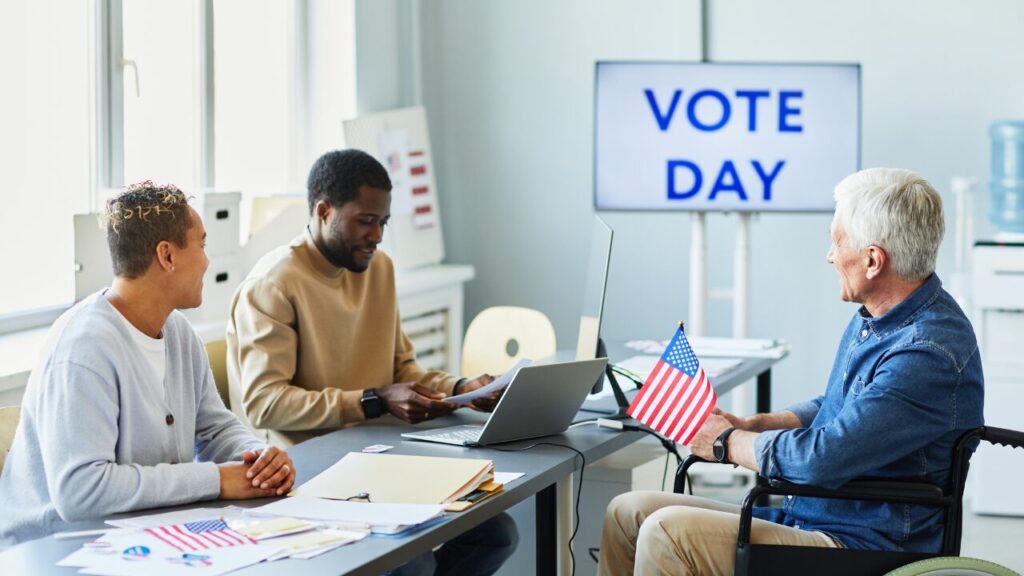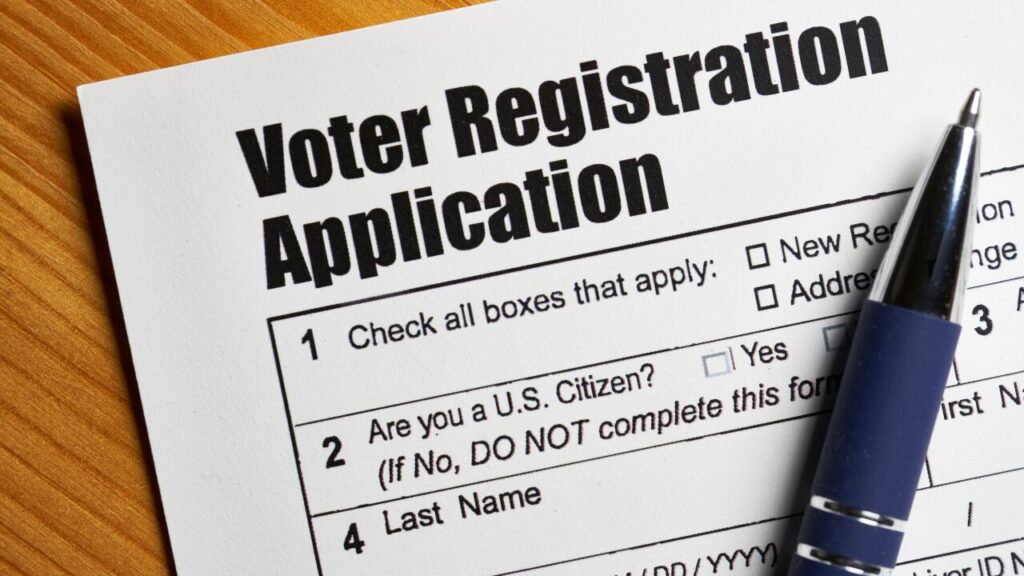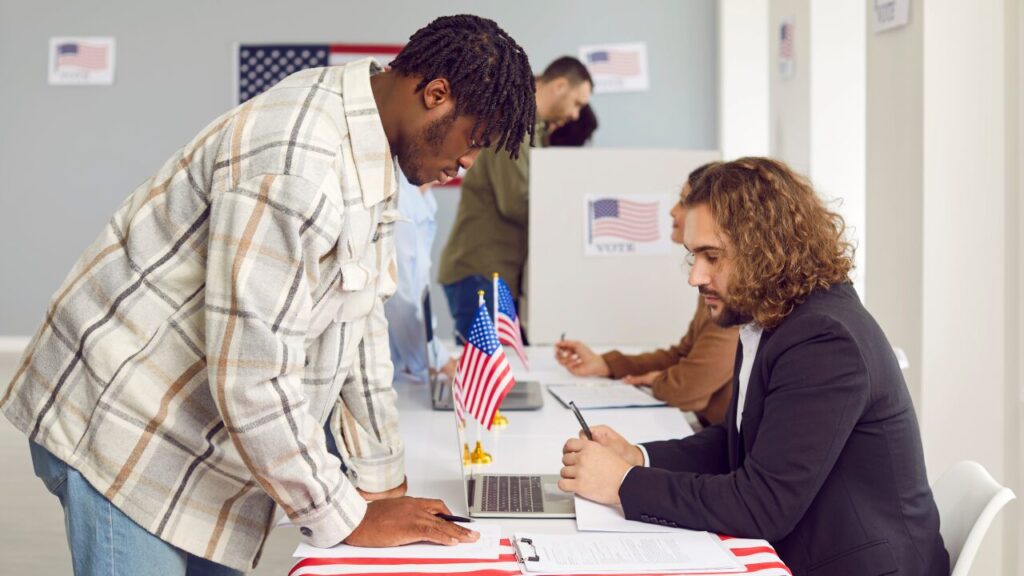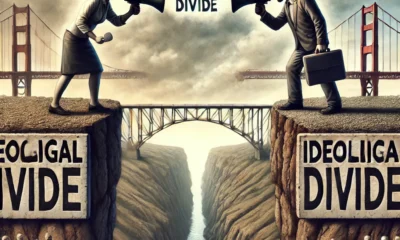
Introduction
Elections are complex events requiring meticulous planning, coordination, and execution. Poll workers and election officials play essential roles in ensuring that elections run smoothly, fairly, and securely. This article will explore the duties and responsibilities of poll workers and election officials, their importance in the electoral process, how citizens can volunteer and get involved, and testimonials from poll workers about their experiences.
The Duties and Responsibilities of Poll Workers
Setting Up and Opening the Polls
Poll workers are responsible for setting up polling stations before voters arrive. This includes arranging voting booths, setting up voting machines, and ensuring that all necessary materials, such as ballots and voter rolls, are available and organized.
Assisting Voters

Poll workers provide assistance to voters throughout the voting process. This includes:
- Checking In Voters: Verifying voter registration and issuing ballots.
- Providing Instructions: Explaining how to use voting machines or fill out paper ballots.
- Assisting Voters with Disabilities: Ensuring that polling places are accessible and providing assistance as needed.
- Maintaining Order: Managing lines and ensuring that the voting process runs smoothly and efficiently.
Ensuring Security and Integrity
Poll workers play a crucial role in maintaining the security and integrity of the election. They:
- Monitor the Voting Area: Prevent electioneering and ensure that no one interferes with voters.
- Check IDs: In states that require voter identification, poll workers verify the identity of voters.
- Handle Provisional Ballots: Issue and process provisional ballots for voters whose eligibility is in question.
Closing the Polls and Reporting Results
At the end of Election Day, poll workers are responsible for closing the polls and ensuring that all votes are securely transported to the appropriate election officials. This includes:
- Tabulating Results: Counting ballots and ensuring the accuracy of vote totals.
- Securing Ballots: Safely transporting ballots and voting equipment to central counting locations.
- Reporting Issues: Documenting and reporting any issues or irregularities that occurred during the voting process.
The Role of Election Officials
Planning and Organizing Elections
Election officials, often working at the county or state level, are responsible for planning and organizing elections. Their duties include:
- Designing Ballots: Creating and printing ballots that accurately reflect the candidates and issues.
- Training Poll Workers: Providing training to ensure that poll workers understand their responsibilities and can effectively assist voters.
- Selecting Polling Places: Choosing and preparing locations that are accessible and convenient for voters.
Maintaining Voter Registration

Election officials manage voter registration databases, ensuring that voter information is accurate and up-to-date. This includes:
- Registering Voters: Processing new voter registrations and updates to existing registrations.
- Removing Ineligible Voters: Ensuring that voter rolls are accurate by removing individuals who are deceased, have moved, or are otherwise ineligible to vote.
- Protecting Voter Data: Implementing security measures to protect voter information from unauthorized access and cyber threats.
Overseeing the Voting Process
During the election, election officials oversee the voting process to ensure it runs smoothly and fairly. They:
- Provide Support: Offer assistance and troubleshooting to poll workers and voters.
- Monitor Compliance: Ensure that election laws and regulations are followed.
- Address Issues: Respond to and resolve any issues or irregularities that arise.
Certifying and Auditing Results
After the election, election officials are responsible for certifying and auditing the results to ensure accuracy and integrity. This includes:
- Canvassing Results: Reviewing and verifying the vote totals from all polling places.
- Conducting Audits: Performing audits to ensure that the voting process was conducted fairly and that the results are accurate.
- Certifying Winners: Officially declaring the winners of the election based on the certified results.
The Importance of Poll Workers and Election Officials
Ensuring Fair and Secure Elections
Poll workers and election officials are the backbone of the electoral process. They ensure that elections are conducted fairly, securely, and transparently. Their work helps maintain public trust in the integrity of the election system.
Facilitating Voter Participation
By providing assistance and ensuring that polling places are accessible, poll workers and election officials help facilitate voter participation. Their efforts ensure that every eligible voter can cast their ballot without undue difficulty or intimidation.
Upholding Democratic Principles
The work of poll workers and election officials upholds the fundamental democratic principle that every citizen’s vote counts. By ensuring the accuracy and integrity of the voting process, they help protect the right to vote and the legitimacy of the electoral system.
How to Volunteer and Get Involved
Requirements for Poll Workers
Requirements for becoming a poll worker vary by state and jurisdiction, but generally, you must:
- Be a registered voter in the jurisdiction where you wish to serve.
- Complete a training program provided by the local election office.
- Be available to work on Election Day, often for long hours.
How to Apply
To become a poll worker, you can:
- Contact Your Local Election Office: Reach out to your county or state election office for information on how to apply.
- Visit Official Websites: Many states have online applications for poll worker positions.
- Participate in Community Programs: Some community organizations and non-profits help recruit and train poll workers.
Testimonials from Poll Workers
Real Experiences

Here are a few testimonials from poll workers about their experiences:
- Jane D., New York: “Working as a poll worker has been a rewarding experience. I love helping my community exercise their right to vote and ensuring that the process runs smoothly. It’s a long day, but knowing I’m contributing to our democracy makes it worth it.”
- Mike S., California: “I started volunteering as a poll worker to give back to my community. The training was thorough, and the election officials were supportive. It’s a great way to meet neighbors and see democracy in action.”
- Linda R., Texas: “Being a poll worker has given me a new appreciation for the electoral process. It’s an important job, and I encourage everyone to get involved. We need more dedicated people to ensure our elections are fair and secure.”
Conclusion
Poll workers and election officials are vital to the integrity and success of the electoral process. Their dedication and hard work ensure that elections are conducted fairly, securely, and efficiently, upholding the principles of democracy. By understanding their roles and responsibilities, recognizing their importance, and considering how to volunteer, citizens can contribute to maintaining a robust and trustworthy election system. Every election relies on the commitment of these individuals to safeguard the right to vote and the accuracy of the results.
Brent is the Managing Partner of CatchMark Technologies and a seasoned technologist with over 25 years of experience in IT leadership, cybersecurity, and technical operations. He began his career serving in the U.S. Army, where he worked extensively with electronics—laying the foundation for his lifelong passion for technology and problem-solving. Brent holds a Certified Information Systems Security Professional (CISSP) certification and currently leads CatchMark’s Cybersecurity and Tech Support teams. Known for his strategic thinking and hands-on expertise, he excels in guiding secure, scalable solutions and driving innovation across complex technical environments.
Must See
-


Community
/ 11 hours agoFishing the White Lake Region: A Late May 2025 Update
As we approach the end of May, anglers in the White Lake area, encompassing...
By Kara Raeth -


Community
/ 14 hours agoWhitehall, Montague Bands Win $10K for Leadership Training
The Whitehall and Montague High School bands have received an exciting $10,000 grant from...
By Amy Yonkman -


History
/ 2 days agoWhite Lake History – Activities of the Chamber of Commerce
Article from the Past This week’s history feature is plain and simple—a direct article...
By Owen Raeth











